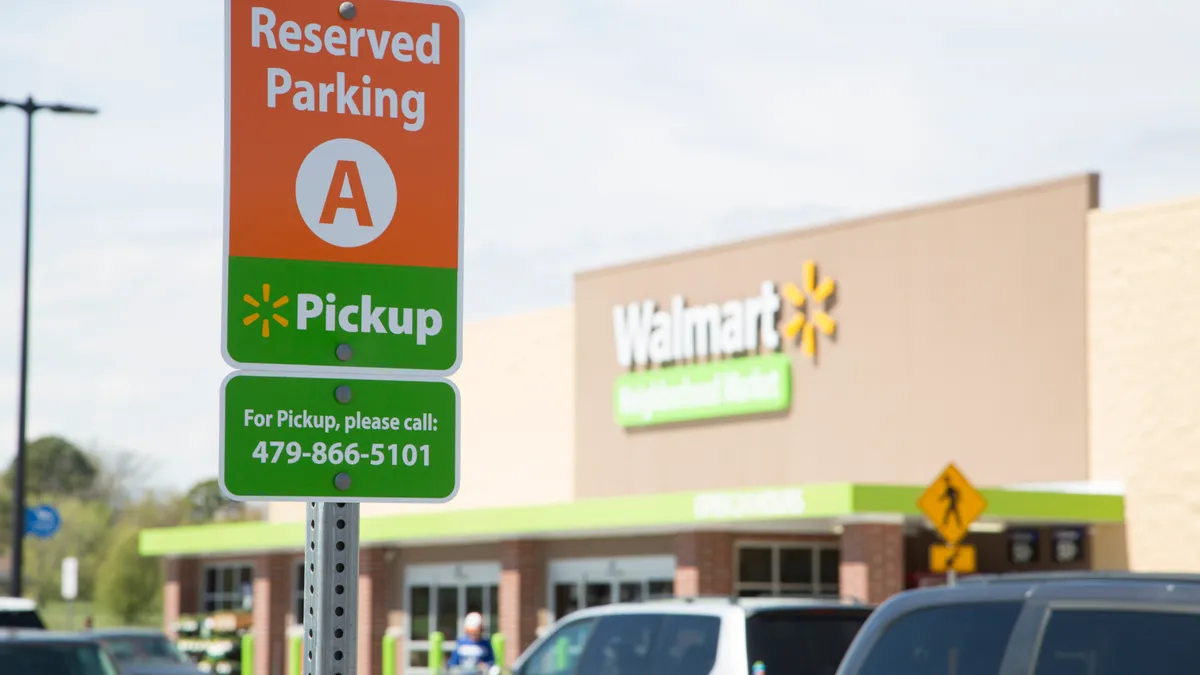Dive Brief:
-
In mid-May, Americans' anxiety around the pandemic began to ebb, with just under half concerned about their personal health and 60% about others' health, down from the 57% worried for themselves and 72% about others in early April. But financial anxiety persists, according to the latest consumer tracker from Deloitte.
-
That's leading to some changes in consumer behavior: 42% now feel safe going to the store, up from 30% in April, and the intention to shop predominantly online has lessened. Store-based pickup of online orders remains steady — 82% of U.S. shoppers plan to in the next four weeks — though 40% now cite safety concerns (down from 48%) and 32% cite delivery costs.
-
More than a quarter of U.S. consumers remain "concerned about making upcoming payments," 43% are delaying large purchases, and 37% are concerned they could lose their jobs, according to the report. The distress is heightened among millennials, with 36% of those 18 to 35 years old stressed about making payments, Deloitte said.
Dive Insight:
Rules meant to help contain the spread of the COVID-19 pandemic have eased nationwide, although policies differ by state and locality, and some public health advocates worry they may be loosening too much.
In any case, at least for now, U.S. consumers are less concerned about the health risks of shopping in stores. And what they're buying reflects that to some extent, according to the Deloitte tracker. Stockpiling is still going on, and in fact remains the most common retail behavior — down to 53% in mid-May from mid-April's 56% — but impulse buying has picked up again. More than half (55%) of U.S. consumers are likely to buy a non-essential item "if they find a great deal," compared to 48% who would in mid-April, Deloitte found.
Retailers big and small have ramped up curbside pickup, and such services were a boon to major players like Walmart and Target in the first quarter. Telsey Advisory Group analysts Tuesday noted the surprising speed of the rollout and adoption of such services.
Planned household budget cuts to discretionary purchases like cars and activities like dining out, entertainment and travel are ongoing "although not as severe," according to Deloitte's tracker. Some pickup in discretionary spending, including a "surge" in apparel and television purchases, could be tied to the U.S. government's stimulus checks, which went out in mid-April, even more than to pent-up demand, Telsey analysts said.
Other research also suggests trouble for consumers, and thus for retailers. Wells Fargo researchers in May, for example, found that, while respondents to their survey said they do plan to resume discretionary shopping, nearly half said they'll spend less than they did before the COVID-19 outbreak, compared to the mere 8% who plan to spend more.
Based on numbers from the U.S. Commerce Department, April retail sales fell 16%, worse than expected, and several analysts have warned a full comeback isn't likely this year.
















